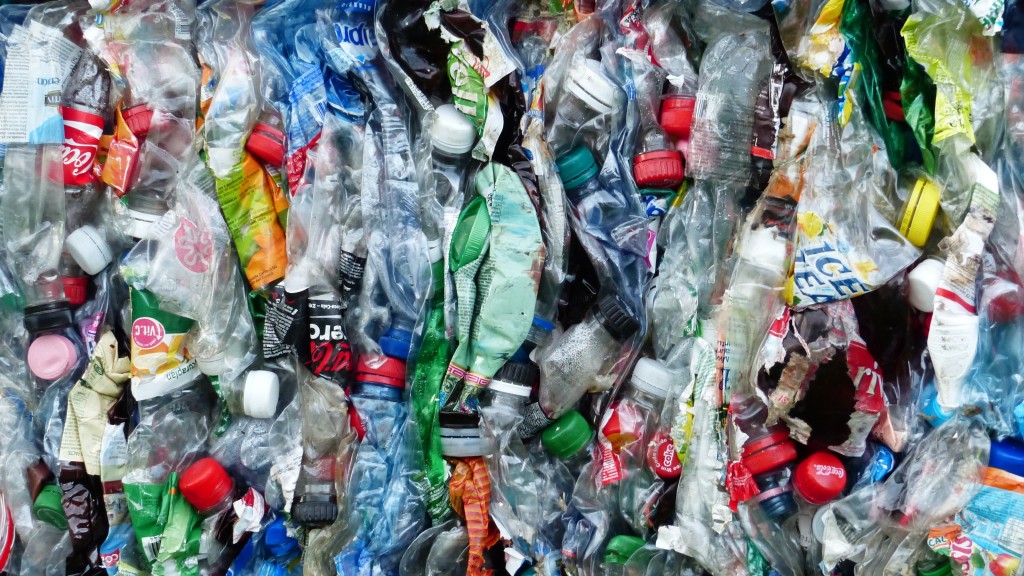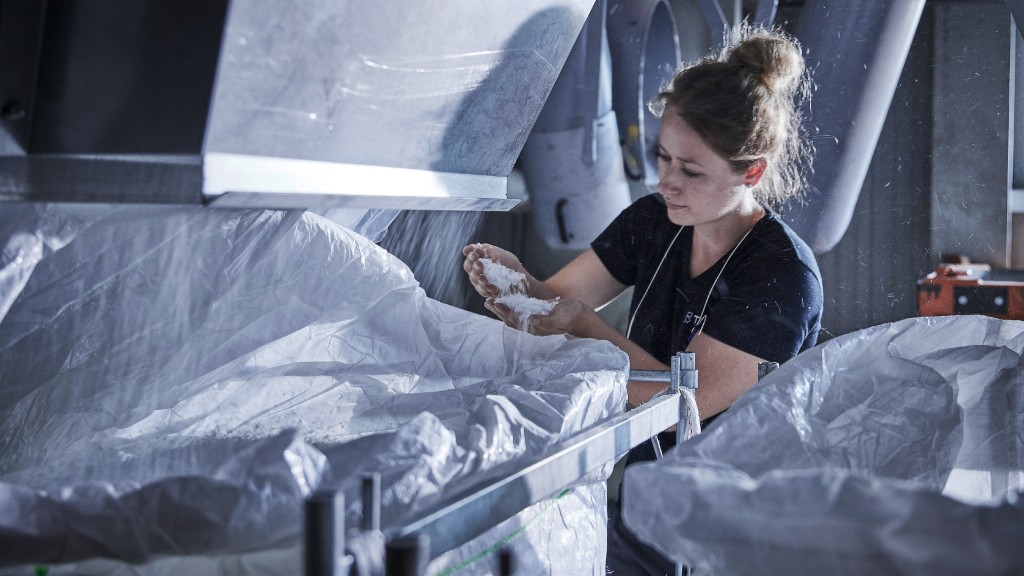
Noel Asmar Group Inc. – made up of Noel Asmar Uniforms, Asmar Equestrian, and Pedicure Bowls by Noel Asmar – has reached a major milestone in 2023. Choosing sustainable yarns and fabrics that utilize recycled components, Noel Asmar Group's brands have now diverted over 1.4 million water bottles from landfills. Plastic water bottles that may otherwise end up in the garbage or circulating the ocean are instead crushed, pelleted, and spun into fabric used to make spa tunics, medical scrubs, and other apparel.
"Sustainability is non-negotiable for us. The fabrics we choose matter. They need to be durable and comfortable for the people wearing them and they need to live up to the demands of a busy professional or caregiver," says CEO and Founder Noel Asmar. "Sourcing fabrics that utilize recycled material was a no-brainer."
Beyond keeping plastic out of landfills, recycled polyester requires less petroleum and creates fewer emissions in its production. It also requires less water and yields less pollution overall when compared to creating new virgin polyester from raw material.
The choice to use recycled polyester is increasing in popularity thanks to its durability and variety of uses across industries – from spa uniforms and medical scrubs to athletic apparel.
"We're making it as easy as possible for our clients," says Asmar. "Caring for the planet is not just a core value of ours, but a value so many others share. As we do our part, we give our clients and customers more options to find uniforms and apparel that align with their brand and sustainability goals and initiatives."
For Asmar, sustainable design and business practices don't stop with fabric choices. The brands also look to reduce packaging and choose reusable options, like ziplock garment envelopes, while many of their spa tunics and uniform styles have shifted to a degradable material that safely breaks down to reduce textile waste. The brands have also partnered with WeForest – an organization dedicated to "making earth cooler" through various tree planting and reforestation projects – and have contributed to the planting and growing of nearly 5,000 trees in Ethiopia.
"We can't talk about wellness if we don't look at the wellness of our planet," adds Asmar. "We not only need to be proactive as individuals but as leaders. as entrepreneurs, and business owners. We have to do more than talk about these issues. It requires action and tangible change."


